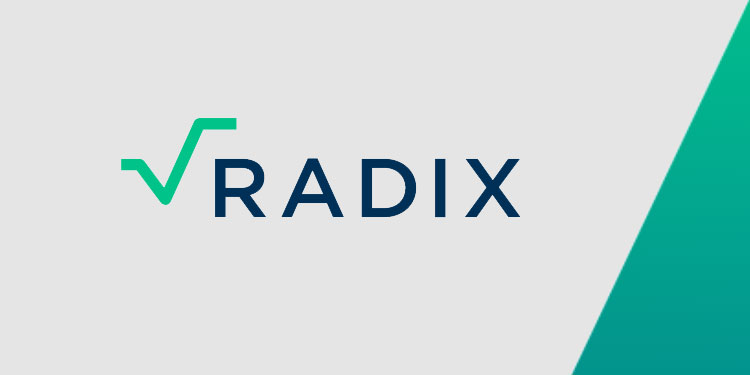Radix, a layer-1 protocol built for DeFi, today is launching its Betanet, this marks a major milestone in the development of the Radix public network and begins testing ahead of its first mainnet release.
LocalGlobe and TransferWise’s Taavet Hinrikus are amongst early Radix backers. The company has raised a total of $22.7 million to date to bring its decentralized finance protocol to the public.
The protocol has publicly demonstrated 1.4 million transactions per second (TPS) in 2018 and is the current world record holder for throughput on a public ledger. Theoretically, the new Radix consensus algorithm ‘Cerberus’ is infinitely scalable. To ensure network stability and security, the network will be rolled out in three iterations from dozens to thousands to unlimited TPS.

“For Radix it is of utmost importance to build a solid home for the future of DeFi. We want to make things better for both the innovators in the industry today; but also provide a network suitable for building a better global financial system that can benefit everyone. We’re excited to finally release Betanet; as we’ve been hard at work for the past year building and testing internally, and now it’s time for a public large-scale test to ensure everything is working smoothly.”
– Piers Ridyard, CEO of Radix
Radix delivers 3 core improvements for DeFi developers:
- Purpose-built DeFi programming environment…to enable fast and secure development. With this, Radix aims to make smart contract bugs and security failures a thing of the past.
- System of on-ledger royalties…which will reward those that contribute dApp code to the ecosystem. With this, Radix will ensure that all contributors to the ecosystem; not just those that make final applications, will get rewarded for their support.
- Consensus algorithm (Cerberus)…that will provide unlimited scalability without breaking DeFi composability. Critically this solves a core issue facing every other public ledger being built today.
Betanet features the same core functionalities as the upcoming Olympia mainnet; including a desktop wallet for storing, transacting, & staking, an explorer for reviewing & sharing transaction information, full node/validator node software, command-line interface (CLI), and a faucet website which will distribute free test tokens. The Betanet is planned to be erased once the tests are completed prior to the launch of the Olympia mainnet later this year.





















